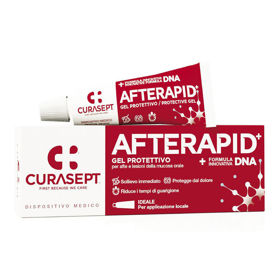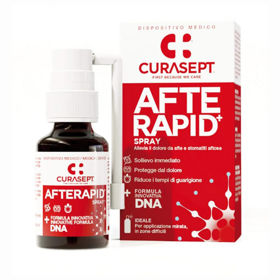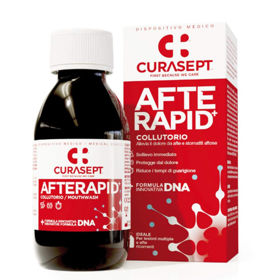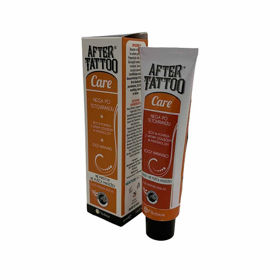Customer question:
Why do I get canker sores on my tongue - could this be a sign of a more serious problem? Anonymous customer's question
Pharmacist's answer:
There is no exact reason for what causes canker sores on the tongue, but some potential risk factors have been identified that increase the likelihood of canker sores:
- recent injuries to the mouth, such as tongue biting or sharp tongue brushing
- history of radiation or chemical injury (such as a burn) in the mouth
- long-term use of non-steroidal anti-inflammatory drugs such as ibuprofen
- lack of certain nutrients in the diet
- stress and anxiety
Canker sores can occur after injury or stretching of tissues in the mouth, which can happen, for example, during a dental procedure or teeth cleaning. If you accidentally bite your tongue or the inside of your cheek, canker sores can develop. Other possible causes of canker sores are infection, certain foods, and stress.
Because the specific triggers for canker sores vary from person to person, some doctors recommend that people keep a canker sore diary to record when they occur. In addition, people should record their diet, stress levels and use of any new oral products such as toothpaste or mouthwash.
Canker sores can be unpleasant, but they are not dangerous to health. Unlike herpes, canker sores do not cause infection and cannot be passed from person to person, so they are not contagious. Most canker sores go away on their own within a week or two.
Call your doctor if you have canker sores that:
- spread through the oral cavity
- are unusually large
- lasts longer than two weeks
- disrupt eating, drinking, or other daily routines
- a high fever accompanies them
You can help yourself with the following tips:
- drink cool liquids such as water or iced tea
- eat flavored ice creams or frozen juices
- use a straw to drink so that the liquid does not come into contact with the aphtha
- eat soft foods that are easy to chew and swallow
- cut food into small pieces to make it easier to chew and swallow
- avoid coffee, chocolate, spicy and salty food, citrus fruits, nuts, seeds, and tomatoes
- use a toothbrush with soft bristles and brush your teeth carefully
- take anti-inflammatory drugs to reduce pain if necessary
- apply some magnesium-enriched milk to canker sores 3 to 4 times a day
- use an over-the-counter numbing agent
- apply ice to the canker sore to reduce pain
- do not smoke or use tobacco
Interesting reading: Aphtha on the lip












 Facebook
Facebook
 Instagram
Instagram
 info@moja-lekarna.com
info@moja-lekarna.com

